EU member states have voted in favour of a total outdoor ban on three neonicotinoid pesticides that was proposed by the European commission.
The use of clothianidin, imidacloprid and thiamethoxam across the EU has been restricted to non-flowering crops since 2013 over concerns they were harming bees and other insect pollinators. The new ban goes much further, completely prohibiting their use outdoors. Farmers will still be able to use them inside greenhouses.
‘The commission had proposed these measures months ago, on the basis of the scientific advice from the European Food Safety Authority (EFSA),’ said commissioner for health and food safety, Vytenis Andriukaitis, in a statement announcing the ban.
A recent EFSA risk assessment on these three neonicotinoids concluded that they pose a risk to wild bees. In November last year the UK government said it would change its stance on the pesticides and support a ban in Europe following the results of its own research on the effects of exposure in honeybees.
The near-total ban will come into force by the end of this year, the commission says.
Linda Field, a senior scientist at the UK agricultural research institute Rothamsted Research, says it was ‘not surprising’ the existing regulations had been extended. ‘Farmers are now likely to turn to older chemistries to protect crops,’ she tells Chemistry World. But she adds that this can be problematic as some pests have developed resistance over time. Last year scientists at Rothamsted warned that restrictions on neonicotinoids could make it hard for the UK to carry on producing certain crops.
‘The crop that will be most affected in the UK is probably sugarbeet because there’s not much else that farmers can use to control aphids – they’re now fully resistant to carbamates and pyrethroids,’ Field says. ‘There are some other chemicals around that aren’t yet registered for use […and] in the longer term we should be working towards much more selective pesticides.’
John Knight from the UK’s Agriculture and Horticulture Development Board says UK farmers will adapt to the new regulations. ‘But there is likely to be a cost in the short term, and possibly longer term depending on what those adaptions are.’
He adds that ‘it is likely that new strategies and new chemistry will allow continued production of most crops, although potentially at higher cost.’
There are also concerns that some of the neonicotinoids not covered by the ban, including sulfoxaflor and thiacloprid, might also be harmful to bees. ‘The EU decision [to extend the ban] is a logical one,’ says Dave Goulson, an expert in bee ecology from the University of Sussex, UK. ‘However, if these neonicotinoids are simply replaced by other similar compounds such as sulfoxaflor, cyantraniliprole and flupyradifurone, then we will simply be going round in circles.’
He adds that there are several other factors contributing to falling bee populations, such as disease and habitat loss. ‘Banning neonicotinoids is a step in the right direction, but we have a very long way to go if we are to halt insect declines.’
The National Farmers’ Union (NFU) has criticised the ban. Its deputy president Guy Smith said in a statement that without neonicotinoids many UK crops could become less viable. ‘A ban could simply mean we import more crops from parts of the world where there is no political desire to ban these key insecticides,’ he said. ‘There is a real risk that these restrictions will do nothing measurable to improve bee health, while compromising the effectiveness of crop protection.’
‘The pest problems that neonicotinoids helped farmers tackle have not gone away.’



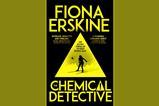

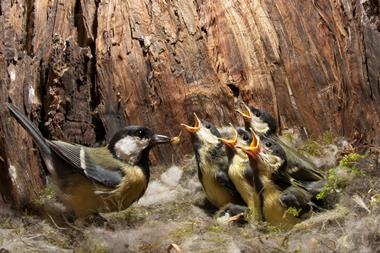
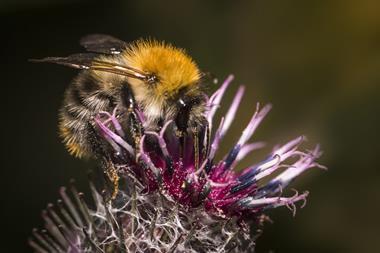

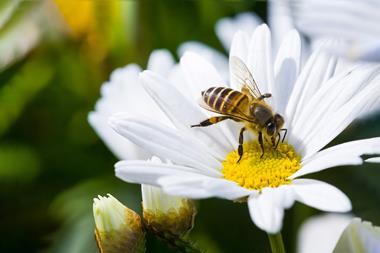
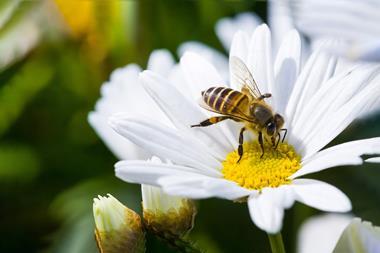
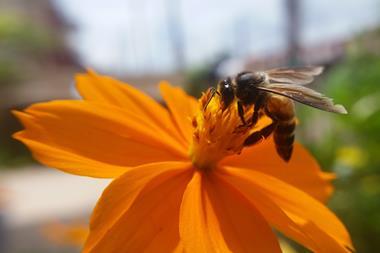






No comments yet